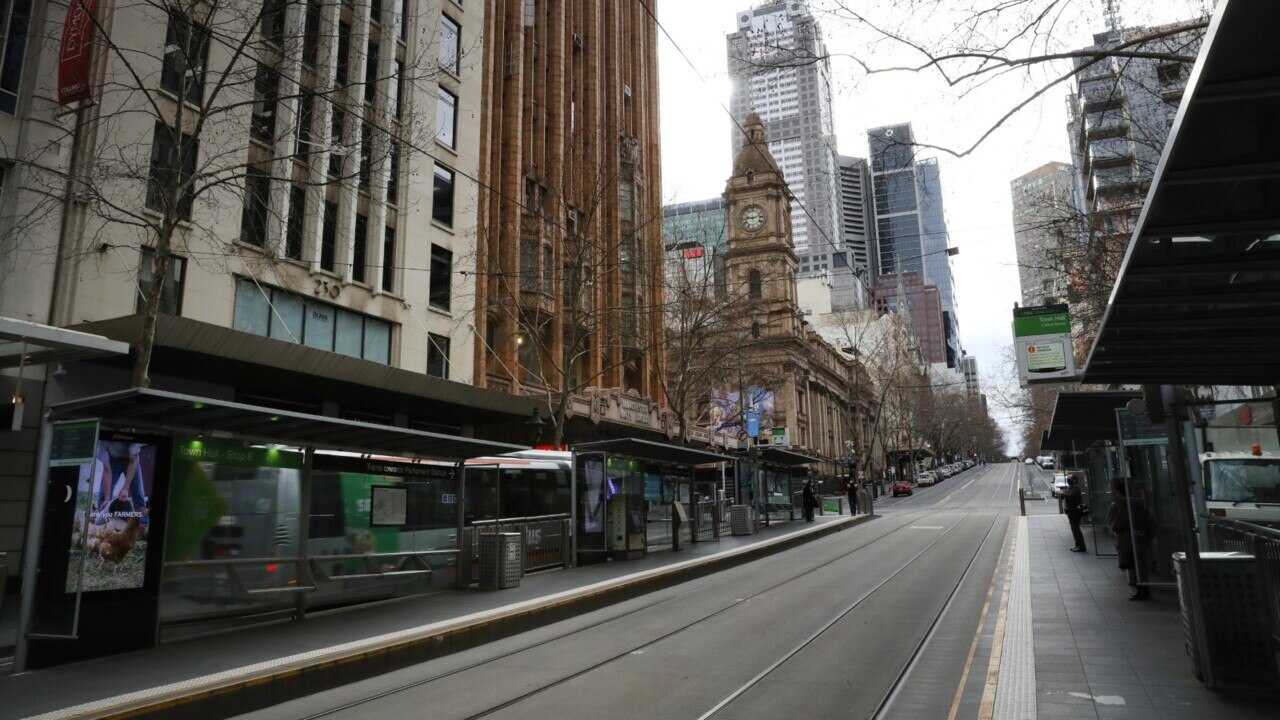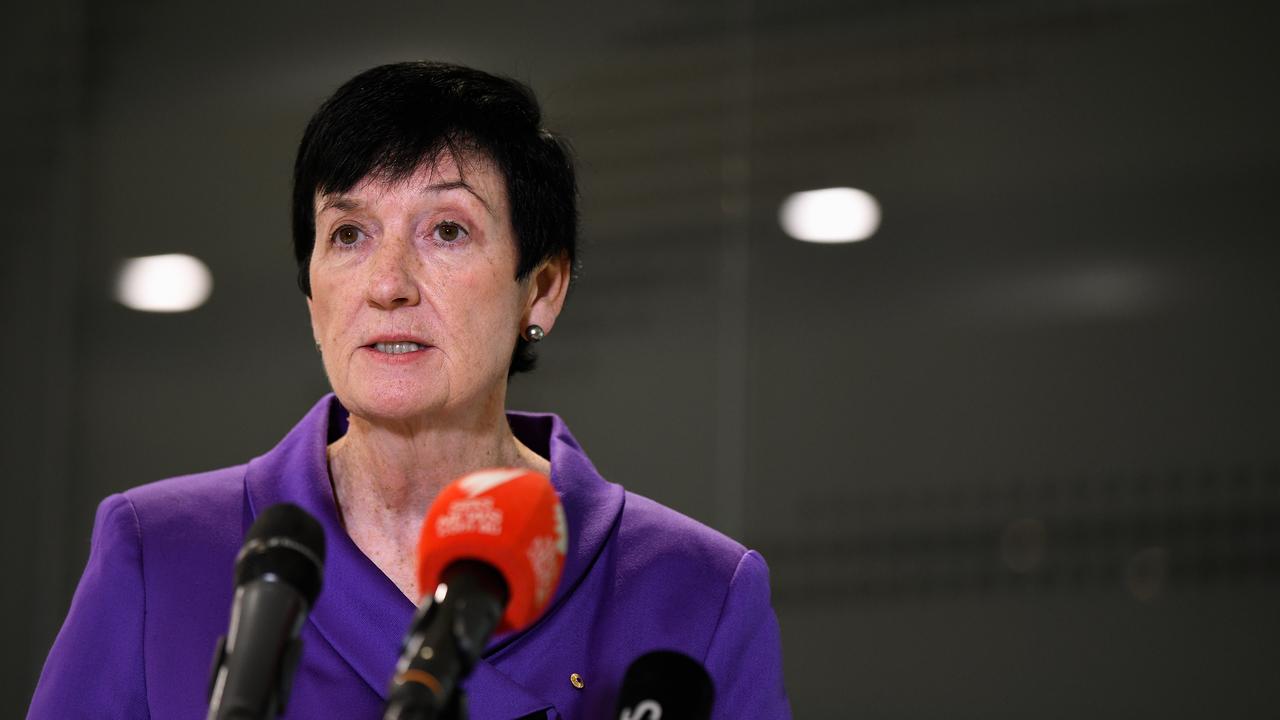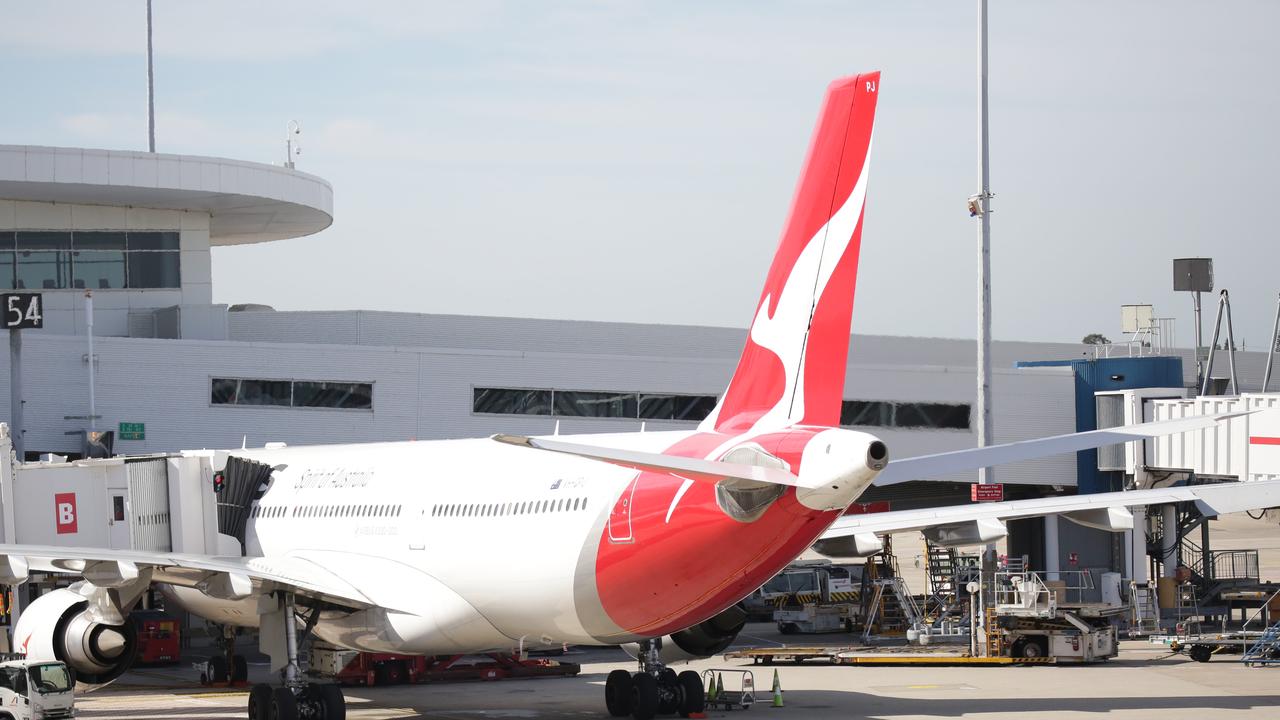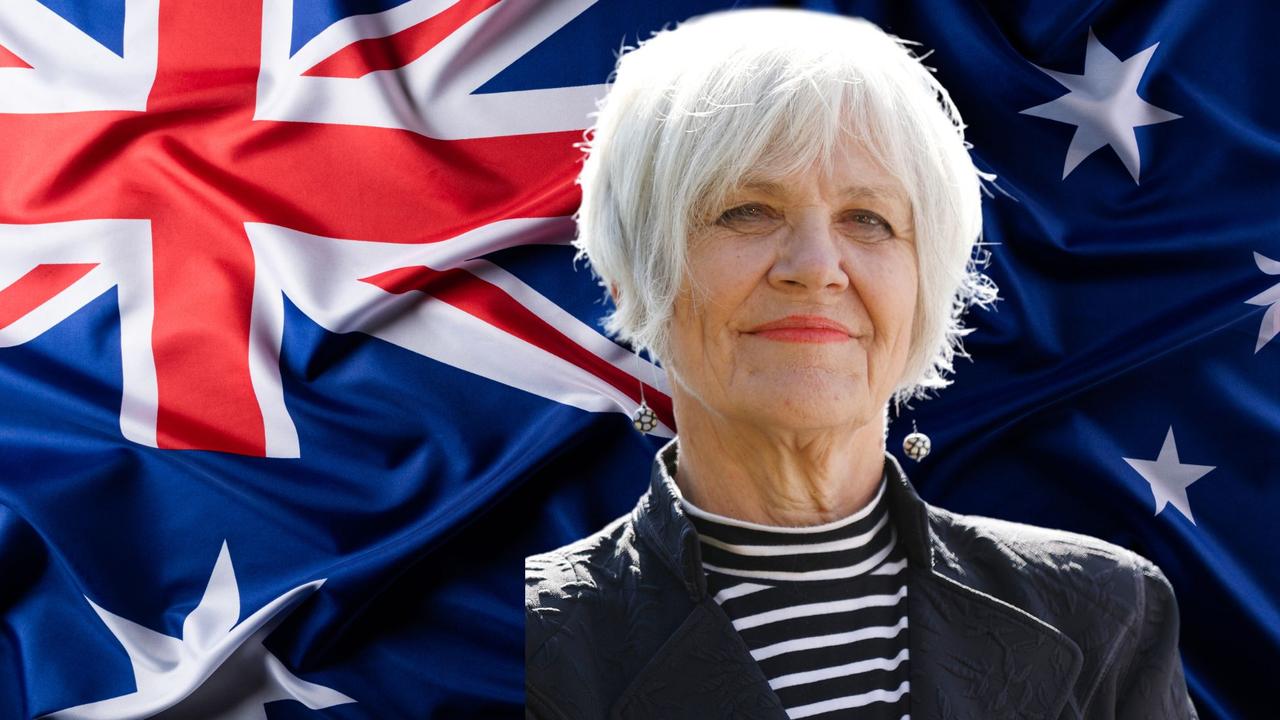Ending snap border shutdowns, allowing international travel proposed
As border restrictions cost the national economy over $2 billion a month, the Business Council has released a blueprint plotting the way out of lockdowns.

QLD Politics
Don't miss out on the headlines from QLD Politics. Followed categories will be added to My News.
State borders should be opened permanently as well as capacity caps lifted at cafes, restaurants and stadiums once the first full phase of the vaccine rollout is complete, according to a detailed proposal from an influential business lobby group.
The Business Council of Australia is today urging National Cabinet to consider its plan for a reopening to take place hand-in-hand with the vaccine rollout in a bid to prevent another $170 billion hit to the economy.
The comprehensive plan includes making it easier for Australians overseas to return, and opening “vaccine corridors” with other COVID-safe countries as the nation hits certain immunisation goals.
Council boss Jennifer Westacott said the recommendations, based on a report produced by Accenture, were urgently needed.

She said border restrictions were costing the economy $2.1 billion a month and more than half Australians feared travelling because of fear of snap state closures, according to the research.
“National Cabinet must adopt a risk-based approach to opening the economy in line with the vaccine rollout, monitoring vaccine take up and effectiveness as we go,” Ms Westacott said.
Under their proposal state borders would open and venue and workplace capacity restrictions would be lifted after stage 1b of the rollout was complete, meaning 6.8 million vulnerable Australians and frontline workers had received the jab.
While the Government has not given a full timeline for when milestones will be achieved, it expects about four million people will have been immunised by early April, and all Australians who seek a vaccine to have received their first jab by October.
After stage 2a, which would see 13 million Australians vaccinated, consideration would be given under “hotel quarantine best practice” to opening international borders to returning Australians, skilled workers and international students.
This would include arriving travellers having proof of vaccination.
Finally, after stage 2b, when 20 million Australians are expected to have been immunised, there would be an opening of “vaccine corridors” with other low-risk countries if proof of vaccination could be provided.
“The vaccine will protect millions of Australians from death and serious illness, so the way we talk about the virus should reflect this,” Ms Westacott said.

“To build confidence we will need to shift from reports about case numbers to numbers of people vaccinated, numbers of hospitalisations, numbers of critically ill patients and the demand on health services.”
The plan is being released ahead of the next National Cabinet meeting being held on Friday.
National Cabinet previously agreed to establish a taskforce, made up of the Department of Prime Minister and Cabinet secretary Phil Gaetjens and his state counterparts, to provide recommendations on dealing with of the new risk environment including new strains of COVID-19 and vaccinations.






